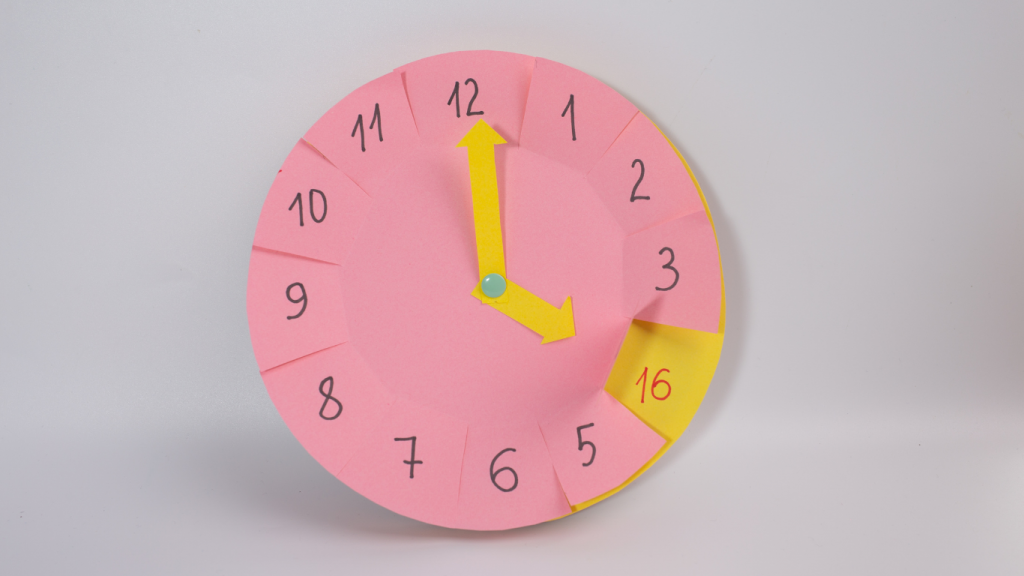Curriculum: What Your Child Will Learn This Year
The introductory experiences in time and money concepts help preschoolers develop foundational skills related to understanding time sequences, organization, basic numeracy, and initial financial awareness, fostering their cognitive, mathematical, and practical life skills.

Getting started on the 6-week plan
- Daily Routine;
- Understanding Schedules;
- Sequential Order;
- Coin Recognition;
- Counting and Basic Math Skills;
- Understanding Value Exchange.
Educational Standards
Teaching kids about money is never just about money. It's about responsibility, delayed gratification, and understanding the value of hard work.
At Lions Kinder Gym, we are dedicated to providing an enriching educational environment that aligns with the New Jersey educational standards while fostering a hands-on, engaging approach to learning. Our curriculum emphasizes time concepts through structured daily routines, organized schedules, and sequential learning, empowering children to develop strong time management skills and an understanding of chronological order.
Similarly, in our money concepts curriculum, we employ interactive activities that facilitate coin recognition, counting exercises, and understanding the value exchange process. These approaches, in accordance with NJ standards, not only lay the foundation for academic success but also contribute to the holistic development of children, equipping them with essential life skills for their academic journey and beyond.
1. Daily Routines
Children grasp the concept of time by engaging in daily routines, associating activities with specific times of the day (e.g., breakfast, playtime, nap time). This routine helps them understand the sequence of events and build a sense of time awareness.
2. Understanding Schedules
By following simple schedules or timetables within the classroom setting (like storytime, snack time, or outdoor play at designated times), children learn about the organization of activities and their sequence throughout the day.
3. Sequential Order
Through learning about time-related concepts, children understand the sequential order of events and activities, such as before and after, morning and evening, yesterday and today, building their comprehension of time-related vocabulary.
4. Coin Recognition
Children become familiar with various coins and their values through play-based learning activities. They learn to recognize coins such as pennies, nickels, dimes, and quarters, associating them with their respective values.

5. Counting and Basic Math Skills
Introduction to coins and their values encourages counting practice. Children engage in counting coins, adding and exchanging different coin values, developing basic math skills such as addition and subtraction in a tangible context.
6. Understanding Value Exchange
Through games and play activities involving the use of play money or real coins, children start understanding the concept of exchanging money for goods or services, laying the groundwork for basic financial literacy.


